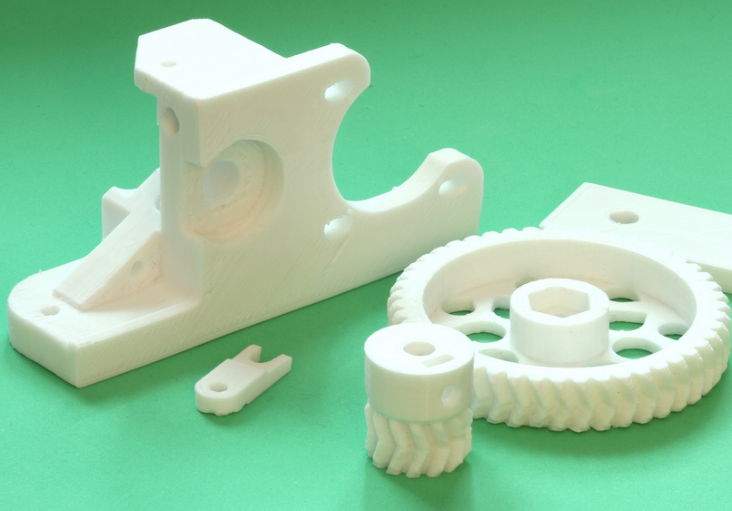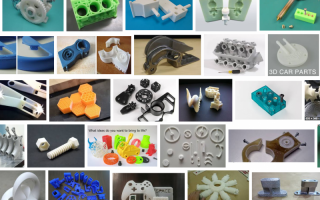African mining, via 3D printing the spare parts always working
For bloggers and agents about Latam – Africa Industry 4.0
you can choose your latam - African niches to manage and dominate them virtually due to our crossing system in order to make money together with us
For example, Nigeria – Colombia 3D Printing, Mexico – SA Industry 4.0, Brazil – Africa AI, Venezuela – Maghreb 3D Printers….
In any case, we prefer talk about reasonable tecnologies instead of new technologies.
Become our African agent or blogger in Latam – Africa Industry 4.0.
contacts us here info@sylodium.com
For companies and institutions in Latam – Africa industry 4.0
Our business language (a new and necessary automated system) allow users segment their target markets and dominate the niches they choose virtually, futhermore, they multiplicate exponentially their possibilites to be found in the Web. LatinamericaAfrica.mobi
Mining brings value to the surface using 3D printing
New from itWebAfrica.com
3D printing may have burst onto the scene a few years ago with much hype, but it hasn't yet revolutionised industrial sectors as some analysts exuberantly predicted.
However, forward-thinking mining organisations are realising that industrial-scale 3D printing in the mines could skim costs from their operations and reduce the frustrations of equipment downtime.
By 3D printing the spare parts and replaceable components that complex mine machinery requires, mine operators can gain greater control over the supply chain and ensure smooth running of the mine's equipment.
The current methods of producing tooling and components are often time consuming, expensive, wasteful, and cede far too much reliance to 3rd party equipment manufacturers. Mines also have to bear the brunt of excess inventory, warehousing and storage costs, and the logistical costs of urgently transporting parts.

Creating a Digital Twin
In sites across the world, miners must dig at greater and greater depths to find seams of precious resources. So deep, in fact, that it's often not viable or safe to use humans. So by using robotics and other machines kitted with sensors, we can create a digital representation (eg via hologram or on-screen display) of the equipment, to understand how it is performing and interacting with the environment – kilometres below the surface.
Leveraging Big Data
Using these insights from sensory data we can start to predict when equipment may fail, or need servicing, or require new parts. This data can be fed into one's 3D printing systems, to ensure that the required components are produced (on the surface) and sent down, ready for when they're needed.
Customisation
Different Mining environments require different approaches and tools. The biggest advantage of 3D printing (over traditional mass-scale manufacturing) is that unique and customised items can be produced in a cost-effective manner, even in small quantities. For mine operators looking to tailor their approach to a specific site, 3D printing offers some exciting prospects.
In the digital era, South African miners (just like their international peers) are looking to technology-led efficiency gains as the primary driver of growth over the coming years. And advancements in 3D printing could be a vital enabler.
Artificial Intelligence - 21/02/2018
Artificial Intelligence - 07/02/2018
Artificial Intelligence - 15/12/2017
Artificial Intelligence - 27/11/2017

